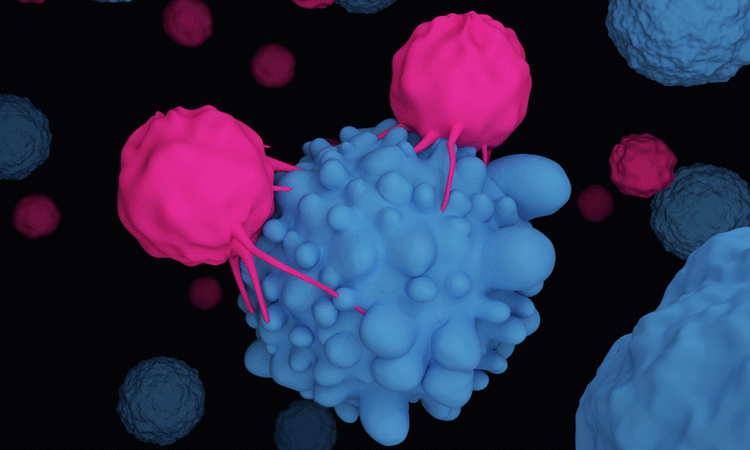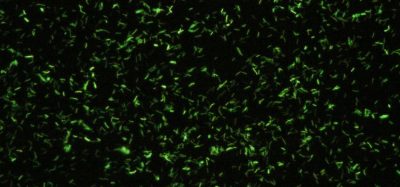Scottish Medicines Consortium approves Kymriah® CAR-T therapy
Posted: 10 September 2019 | Victoria Rees (European Pharmaceutical Review) | No comments yet
The Kymriah (tisagenlecleucel) treatment has received a positive appraisal from the Scottish Medicines Consortium, after EMA approval last year.


The Scottish Medicines Consortium (SMC) has granted a positive appraisal to Kymriah® (tisagenlecleucel), a chimeric antigen receptor T-cell (CAR-T) therapy. The treatment is indicated for patients with relapsed or refractory diffuse large B-cell lymphoma (DLBCL) who did not respond to two or more previous systemic treatments.
The decision was based on the results for the ongoing multi-centre, global registration JULIET clinical trial. It will be the first CAR-T therapy fully reimbursed for eligible UK patients on the UK National Health Service (NHS).
The CAR-T therapy uses each individual patient’s cells for their cancer treatment. T cells are drawn from the patient’s blood and reprogrammed in the laboratory to create T cells that are genetically coded to recognise and fight the tumour cells in the patient.
Last year, the European Medicines Agency (EMA) granted Novartis, which produces the treatment, approval for tisagenlecleucel’s use in the EU.
It will be the first CAR-T therapy fully reimbursed for eligible UK patients on the UK National Health Service (NHS)”
“Just over a year ago, CAR-T therapy wasn’t available in the UK or anywhere in Europe. Today’s positive appraisal by the Scottish Medicines Consortium represents a milestone as now all eligible patients across the UK can access Kymriah on the NHS regardless of indication or geography,” said Mari Scheiffele, Novartis Oncology General Manager, UK & Ireland.
Related topics
Clinical Development, Clinical Trials, Drug Markets, Regulation & Legislation, Research & Development (R&D), t-cells
Related organisations
European Medicines Agency (EMA), National Health Service (NHS), Novartis, Scottish Medicines Consortium (SMC)









